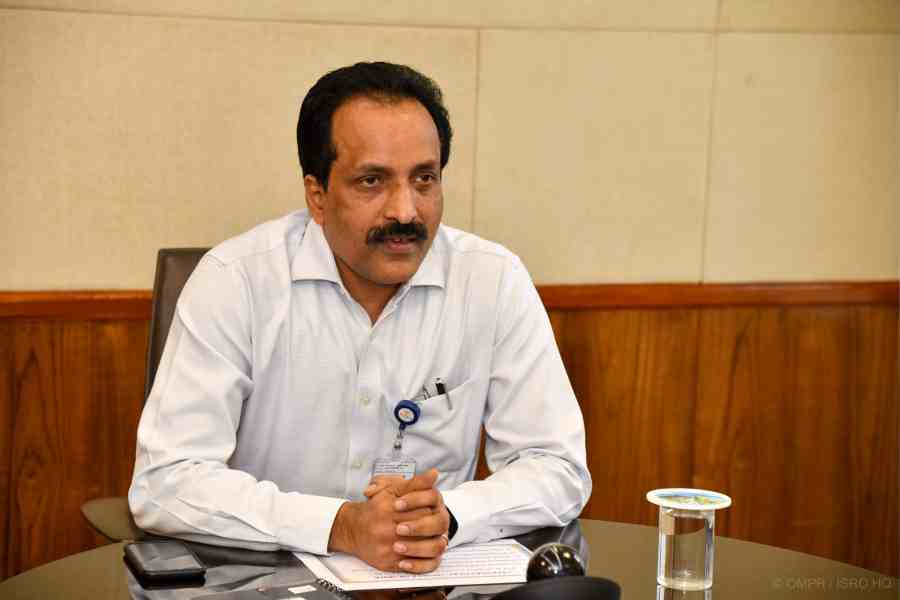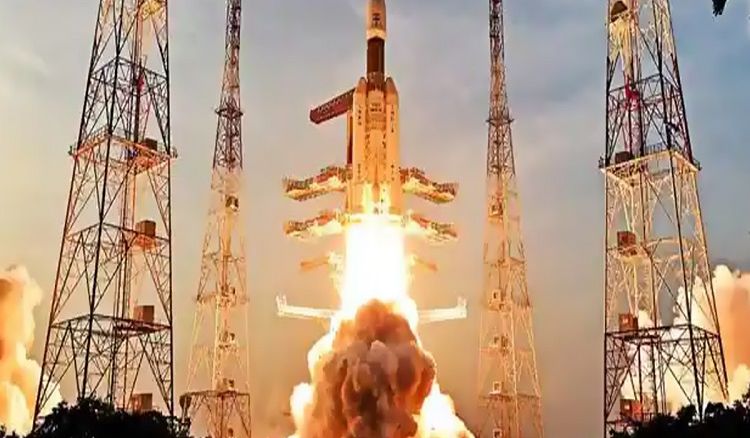In a recent announcement, ISRO's Chairman, S. Somnath, unveiled the organisation's ambitious plans for space exploration in the upcoming year, 2024. The Indian Space Research Organisation aims to conduct at least 12 satellite launches, marking a significant leap in its endeavours.
The achievements of 2023, including the successful Chandrayaan mission and the launch of Aditya-L1 towards the Sun, set the stage for ISRO's continued excellence. Chairman Somnath highlighted the organisation's commitment to innovation, stating, "We are planning at least 12 missions for the year 2024." Notably, the successful launch of the first polarimetry mission, Ex-ray Polarimeter (EXPoSat), showcased ISRO's hardware capabilities and testing prowess.

In 2023, ISRO initiated seven missions, including the Chandrayaan-3 lunar landing near the South Pole and the launch of India's first solar observatory, Aditya-L1, towards Lagrange Point-1. Beyond these achievements, ISRO is gearing up for future missions, focusing on enhancing satellite technology, space exploration, and reusable launch vehicles.
Chairman Somnath emphasised 2024 as the "Year of Space Exploration," with preparations underway for the Gaganyaan mission. This milestone venture aims to send a crewed spacecraft carrying three astronauts into orbit for a three-day mission, symbolising India's prowess in human spaceflight.
Additionally, ISRO plans to conduct critical tests with the launch of TV-D1 in October as a precursor to human-rated Gaganyaan missions. The organisation is set to deploy a robotic prototype named "Vyommitra" in a test flight, paving the way for unmanned and potentially manned space missions in the near future. These advancements include developing human-rated launch vehicles for safe transport to and from space, life support systems, and emergency rescue mechanisms.
As ISRO propels towards these ambitious goals, the year 2024 holds the promise of groundbreaking achievements, solidifying India's position in the realm of space exploration.
 বাংলায় পড়ুন
বাংলায় পড়ুন














